As individuals age, their nutritional needs evolve, requiring a more tailored approach to maintain optimal health and well-being. Proper nutrition plays a crucial role in promoting longevity, preventing chronic diseases, and enhancing the overall quality of life for the elderly. In this article, we will explore key considerations and guidelines for nutrition tailored to the unique needs of seniors.

Caloric Requirements
Metabolism tends to slow down with age, making it important for seniors to manage their caloric intake. While energy needs may decrease, the focus should be on nutrient-dense foods to ensure that the body receives essential vitamins and minerals without excess calories. A balanced diet rich in fruits, vegetables, whole grains, lean proteins, and healthy fats forms the foundation for meeting nutritional requirements.
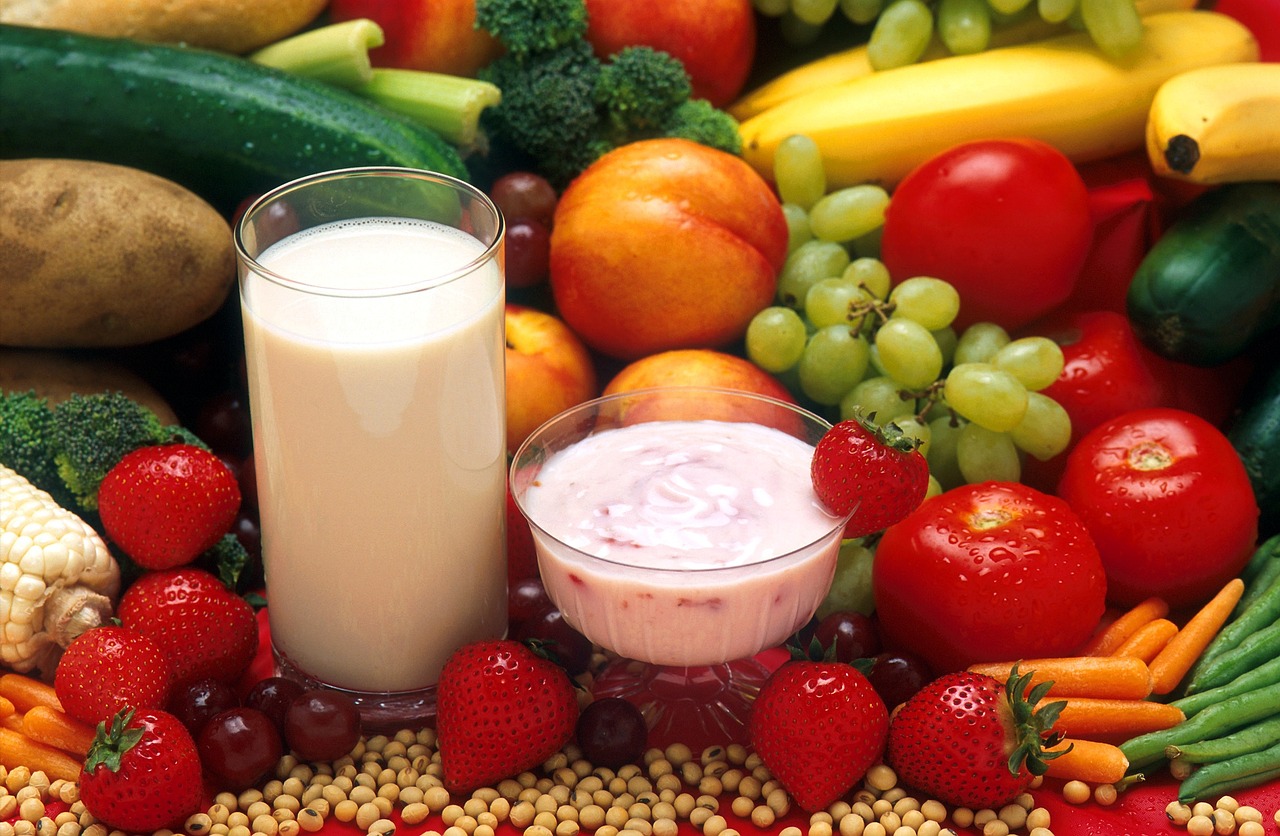
Protein Intake
Maintaining muscle mass becomes increasingly challenging as individuals age. Protein, vital for muscle health, should be a central component of the elderly diet. Sources of high-quality protein include lean meats, poultry, fish, eggs, dairy products, legumes, and nuts. Adequate protein intake supports muscle strength, immune function, and overall vitality.

Calcium and Vitamin D
Bone health is a critical concern for the elderly, as the risk of osteoporosis and fractures increases. Calcium and vitamin D are essential nutrients for maintaining strong and healthy bones. Dairy products, fortified foods, and supplements can contribute to meeting these requirements. However, it’s crucial to consult with a healthcare professional for personalized recommendations.
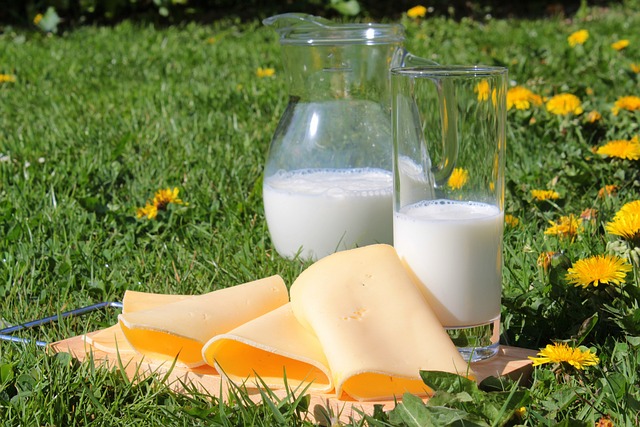
Hydration
Dehydration is a common issue among the elderly and can lead to various health complications. Aging diminishes the sense of thirst, making it essential for seniors to consciously consume an adequate amount of fluids. Water, herbal teas, and hydrating foods such as fruits and vegetables can contribute to overall hydration.
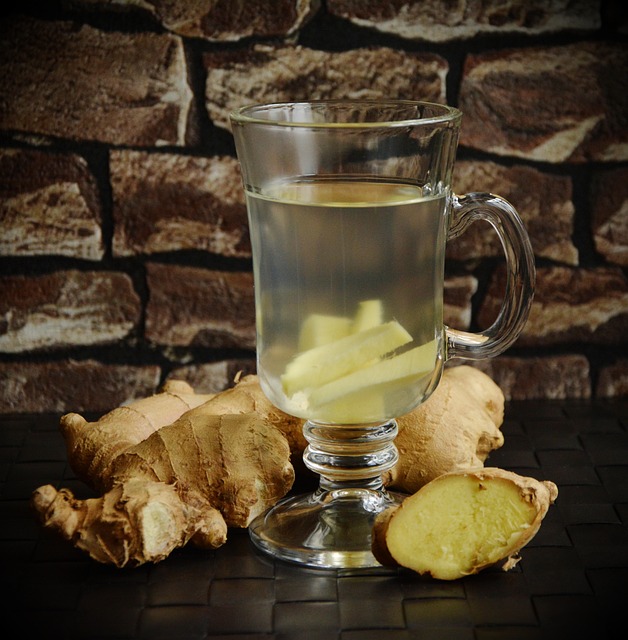
Fiber for Digestive Health
Aging often brings changes in digestive function, including a tendency for constipation. Adequate fiber intake from whole grains, fruits, vegetables, and legumes can promote regular bowel movements and support digestive health. Additionally, fiber-rich foods contribute to a sense of fullness, aiding in weight management.
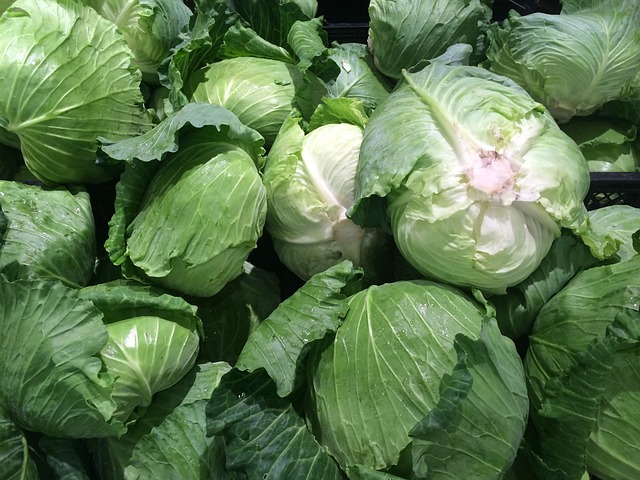
Limiting Sodium and Sugar
Seniors should be mindful of their sodium intake to help manage blood pressure and reduce the risk of cardiovascular diseases. Processed foods are often high in sodium, so opting for fresh, whole foods and using herbs and spices for flavoring can be beneficial. Similarly, limiting added sugars helps prevent issues such as diabetes and weight gain.
Individualized Dietary Plans
Elderly individuals may have specific health conditions or medications that influence their nutritional needs. Consulting with a healthcare professional or a registered dietitian can help create an individualized dietary plan that addresses these considerations. This approach ensures that nutritional requirements are met while managing any health concerns.
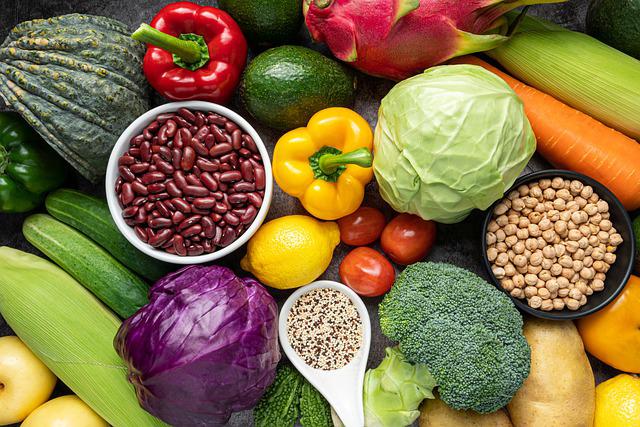
Conclusion
In conclusion, maintaining optimal nutrition is crucial for promoting health and well-being in the elderly. A balanced and nutrient-dense diet, along with proper hydration, can support muscle health, bone density, and overall vitality. By adopting these dietary guidelines and seeking personalized advice when needed, seniors can enhance their quality of life and enjoy the benefits of healthy aging.













